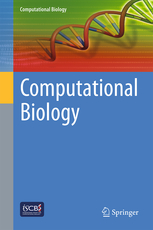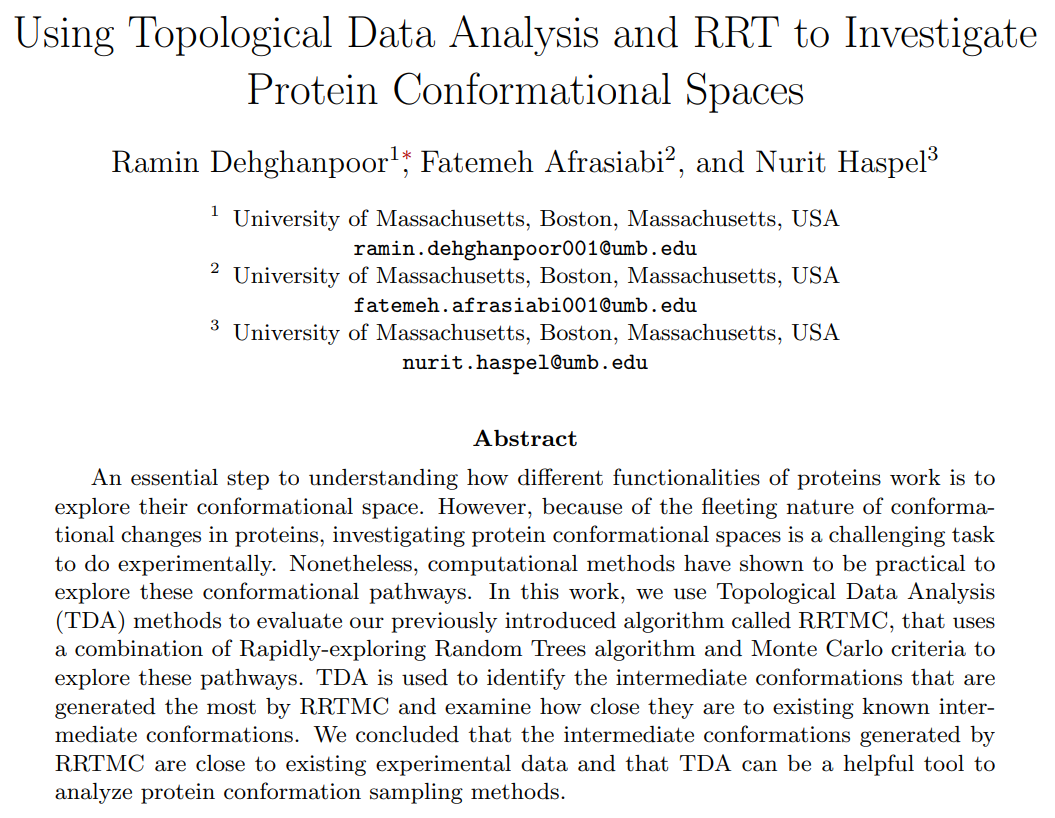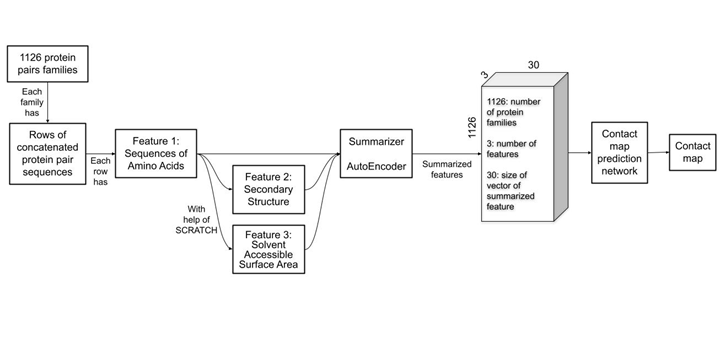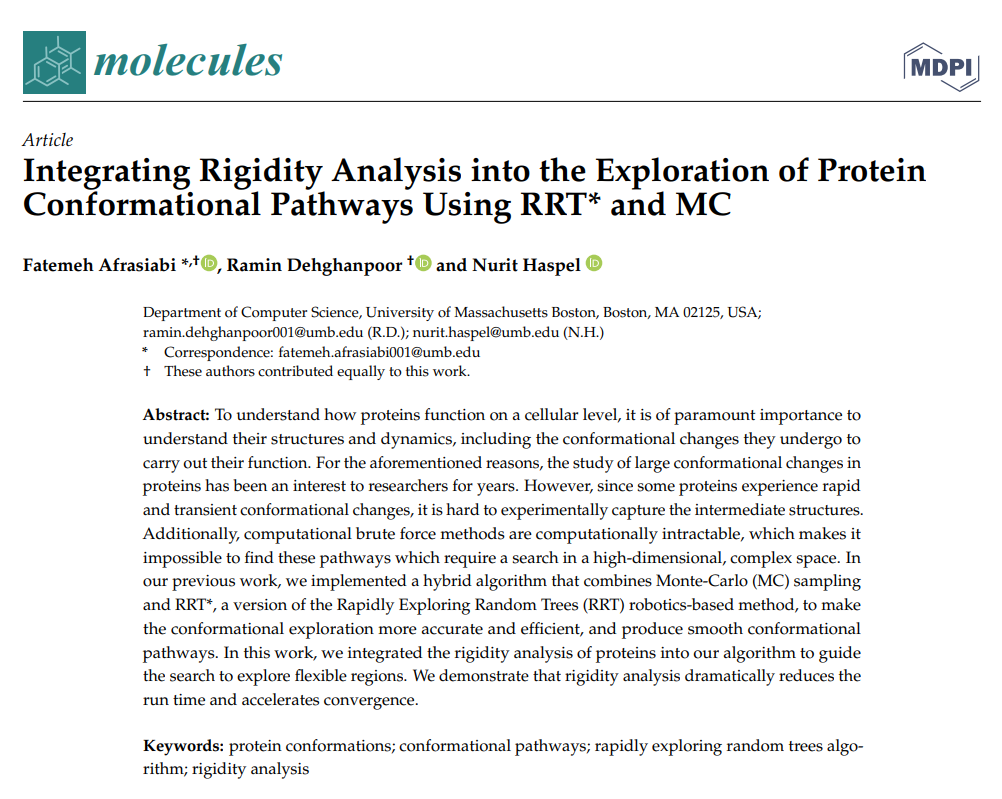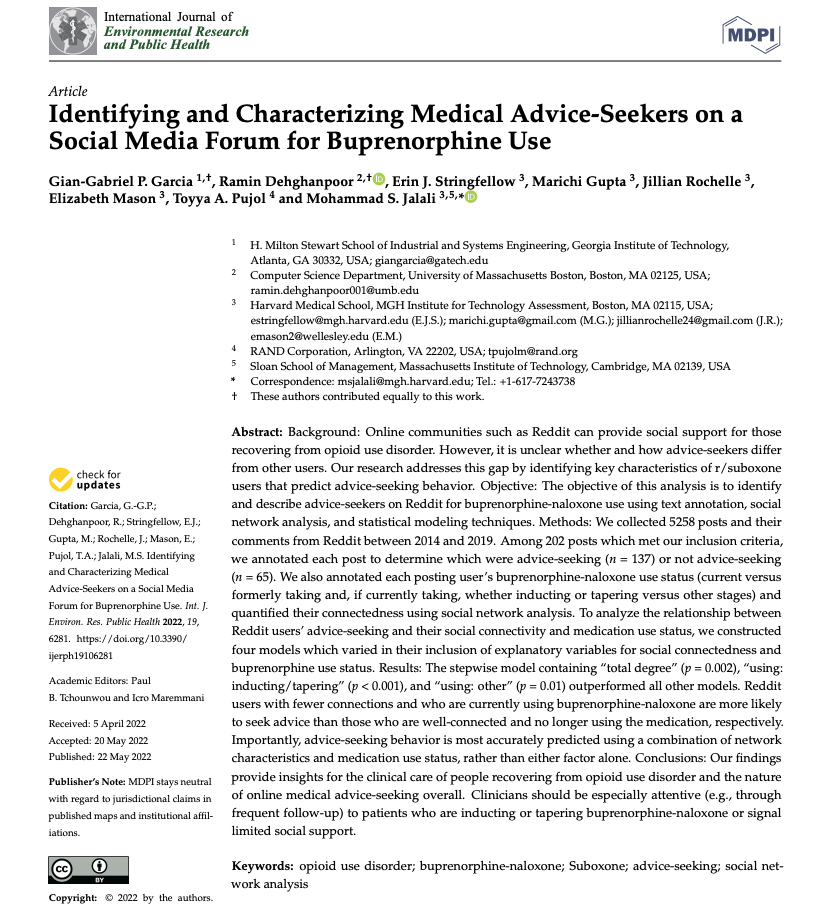I have a Ph.D. in computer science from University of Massachusetts Boston under the supervision of Dr. Nurit Haspel. I finished my Computational Science, Bioinformatics Co-Op at Moderna under the supervision of Christopher Pepin.
My areas of expertise and research intrests are Bioinformatics, Computational Biology, Machine Learning, and Neural Networks.


